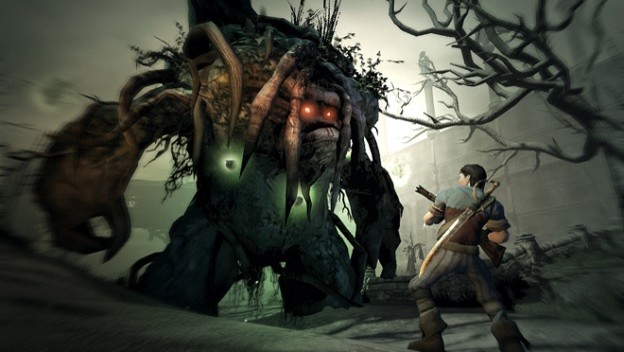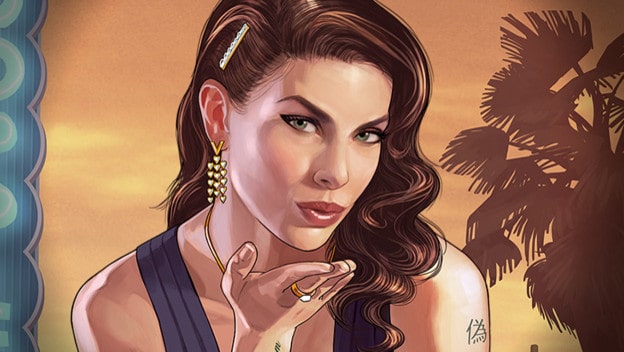Typically, we play the role of heroes when we play video games. If we’re not the hero, then we’re often just an average person who is driving a fast car or an athlete playing a game. Every now and then, though, we get to be a villain, and that can certainly be refreshing. The Grand Theft Auto series has flourished by relying on stories that explore the criminal world. But, for my money, games can really excel when you can be either good or bad.
Now, choices are the crux of roleplaying when you get down to it and, despite that, morality isn’t often a choice that is handed over to the player. You’re good or you’re bad. I love it when games defy that, because what is bad without good? More importantly, what is good without bad? And what about all the shades in between? Isn’t it best when we can explore these nuances?
Some games handle this all very well. The Telltale adventure games, for instance, can let you make some cruel or funny choices, but don’t usually let you depart too far from the intended narrative. What it does, though, is make each of these choices difficult. That’s why there are messages reminding you that your decisions have consequences. Decisions, good or bad, shouldn’t be taken lightly and they aren’t in these games. What I find interesting is that a lot of players, myself included, tend to opt into the good paths according to the statistics shown at the end of the various games’ chapters. Other games, like Life is Strange and Catherine, also reveal a human proclivity towards good, at least when it comes to their choices in a video game. I have a theory as to why that is, but I’ll get into it in a moment.
First, let’s take a look at a game that is a little wackier than the heavier games I have already mentioned: Fable 2 . In Fable 2 , the player can choose between hilariously evil and just plain good. There isn’t much of a struggle here. It all comes down to how you want to play. Being evil comes with freedom and can often be the easier route. If you can shake the sense that the game or its world is going to punish you or hamper your fun in some way, the chaos is a thrill to embrace.

When the first game came out, I remember people getting excited about the options. It’s one of the few games that I have opted to be evil in. In games like Fallout 3 or The Elder Scrolls: Oblivion , the worst I will do is steal and, even then, I rarely do that because of an incident in The Legend of Zelda: Link’s Awakening, where an NPC caught me and changed my file name to Thief. I like being the good guy when it’s obvious. I like being the good guy when it feels like it’s my choice because that choice has meaning.
My theory is that people are more likely to do good when they are part of a credible and engaging narrative. It’s anecdotal, yes, and largely based on what I’ve seen in other gamers mixed in with the aforementioned Telltale statistics, but I think people find the most fulfillment in being the hero. I think there’s a challenge there to repress our impulses for the easy way out and to do the hard thing. But, regardless of which you prefer, I think you might agree that taking different paths and being afforded a higher degree of agency within a roleplaying world is a rewarding experience. Games should strive to hit that delicate balance between a railroad experience and an aimless sandbox because freedom tempered with a little bit of guidance allows us to feel proud of ourselves and our accomplishments, even when they take place in a digital world.
